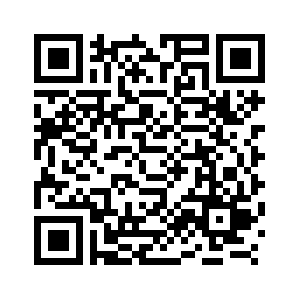BEIJING, Dec. 22 (Xinhua) -- China welcomes scientists from all over the world, including those from the United States, to apply for lunar samples through appropriate channels in accordance with application procedures issued by the country, a spokesperson for the China National Space Administration (CNSA) said Friday.
Xu Hongliang made the statement in response to recent remarks by U.S. Ambassador to China Nicholas Burns, noting that China attaches great importance to international cooperation in space and is always open to space exchanges with the United States.
According to a China Daily report, when attending a lecture hosted by the Council on Foreign Relations, a think tank in Washington, on Dec. 12, Burns responded to a request for his perspective on China-U.S. space collaboration by saying that he does not believe "the Chinese have shown much of an interest in working with the U.S." in space.
Xu expressed bewilderment over the apparent contradiction where the United States emphasizes cooperation, while some people in that country praise the Wolf Amendment that restricts space cooperation with China and even advocate for its permanence.
"I don't understand whether the United States is playing with words or passing the buck," Xu said.
The Chinese government has always been committed to exploring and using outer space for peaceful purposes, carrying out international space exchanges and cooperation on the basis of equality and mutual benefit, peaceful use and inclusive development, and actively promoting the building of a community with a shared future for humanity in outer space, he added.
According to the CNSA, the space agencies of China and the United States in 2006 established a working group mechanism on Earth science, space science and other space cooperation, and carried out many exchanges on areas of common interest.
The Wolf Amendment adopted by the United States in 2011 then negatively impacted exchanges between the space agencies of the two countries.
The United States in 2015 proposed the establishment of a China-U.S. civil space dialogue mechanism led by its State Department, to which China responded actively. So far, three dialogue meetings have been held, but the fourth one to be hosted by the United States has not yet been convened, despite China's repeated efforts.
Up to now, the CNSA has signed more than 170 cooperation agreements or memorandums of understanding with more than 50 countries, space agencies and international organizations on behalf of the Chinese government.
China looks forward to more extensive and in-depth international exchanges and cooperation in space with other countries for the scientific research and the common good of humanity, said the statement. ■



